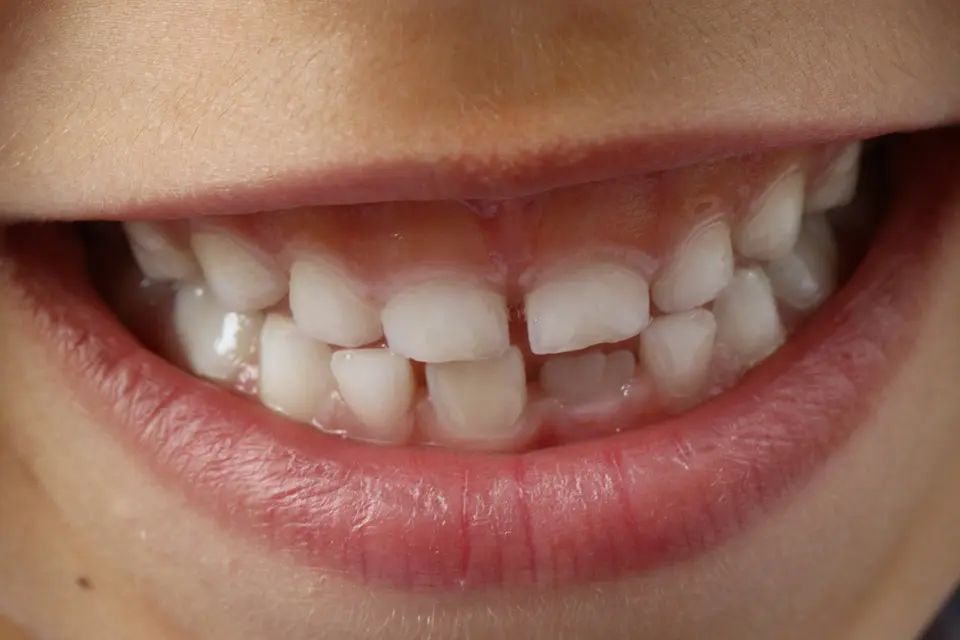A child’s first tooth usually appears between six and nine months of age. You would think that a new tooth, especially in a child so young, would be free from any dental problems. However, even infants are susceptible to a type of tooth decay known as early childhood caries (ECC). Caries refers to a plaque-induced acid demineralization of the enamel. This decay could contribute to the early loss of baby teeth. Losing a primary tooth prematurely could affect the future growth of the permanent tooth.

(Pixabay / woodypino)
Early childhood caries can be prevented through daily cleaning and brushing as well as through regular dental visits, which should begin on the child’s first birthday. Parents should also limit the child’s intake of sugar. The following efforts are also helpful in preventing early childhood caries.
- Smart breastfeeding practices – Breastfeeding is generally recommended by pediatricians to optimize the newborn’s overall health, which includes dental development. While breast milk contains carbohydrates that are fermentable, they do not promote tooth decay in the same manner that foods and sugary drinks do. However, once the baby starts eating solid foods and drinking alternate liquids, the mix of sugars in foods and drinks can combine with the breast milk in ways that increase ECC-inducing bacteria. When possible, mothers should wean a child from breastfeeding when the child begins eating solid foods.
- Bottles and pacifiers – Bottles with formula or juice or a pacifier with some form of sweetener will often soothe a fussy baby. The peace may be won at a high cost, though. Giving too much sugar to a baby can allow for high levels of acid from bacteria feeding on the sugars. This can, in turn, lead to decay. Avoid pacifying babies with sugar-dipped pacifiers and limit bottles to mealtimes.
- Medicines – Medication given to sick children may contain sugars or antihistamines that cause a reduction in the flow of saliva. This saliva is important, however, as it neutralizes the acids in the mouth. If you are administering medications frequently, make sure to clean your child’s mouth to minimize the medication’s negative effects.
At Felt Family Dentistry, we specialize in child-friendly dental treatment. Starting at age 1, bring your child in for regular exams. Start them early developing a habit of visiting the dentist. We can help guide you on how to properly take care of your children’s primary teeth. As your child grows, we will show them how to care for their own teeth and build patterns for a lifetime of good oral hygiene.
